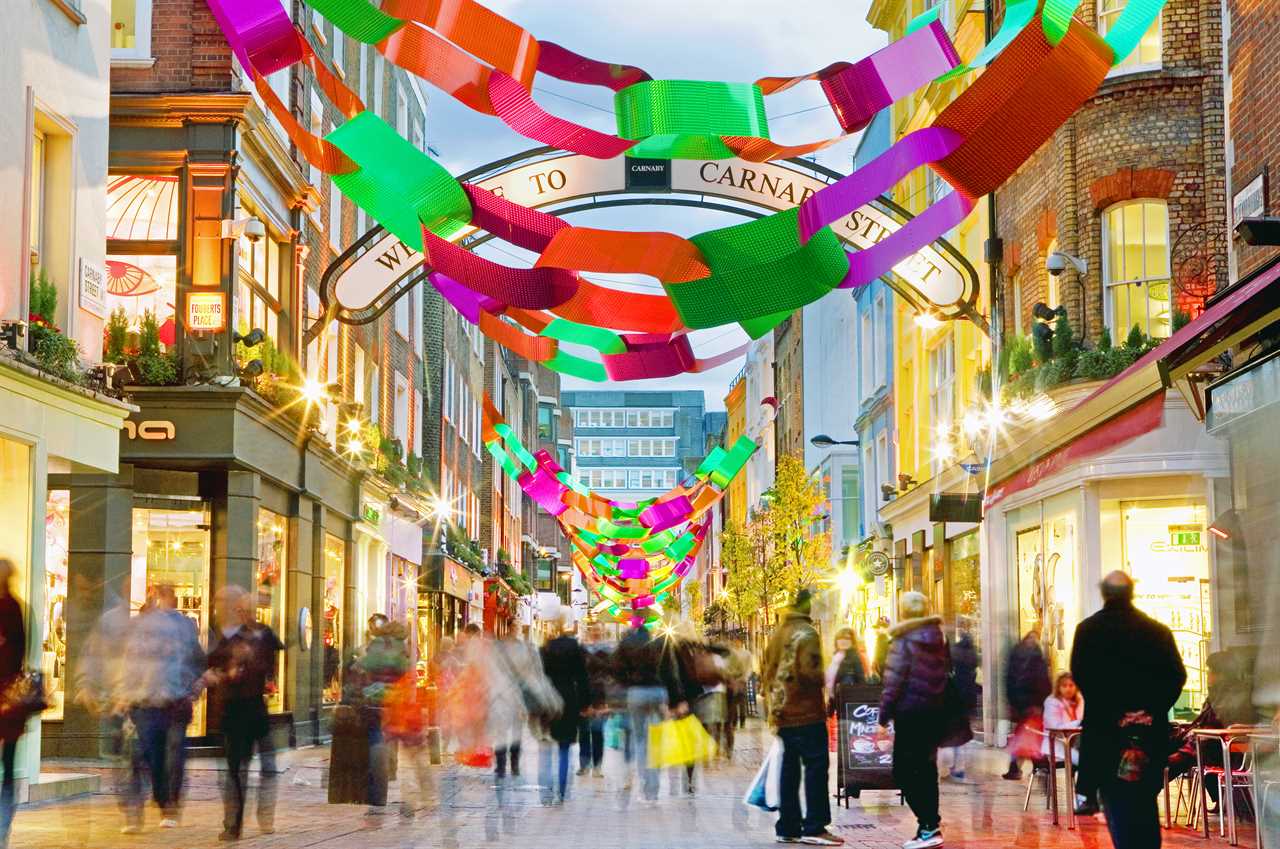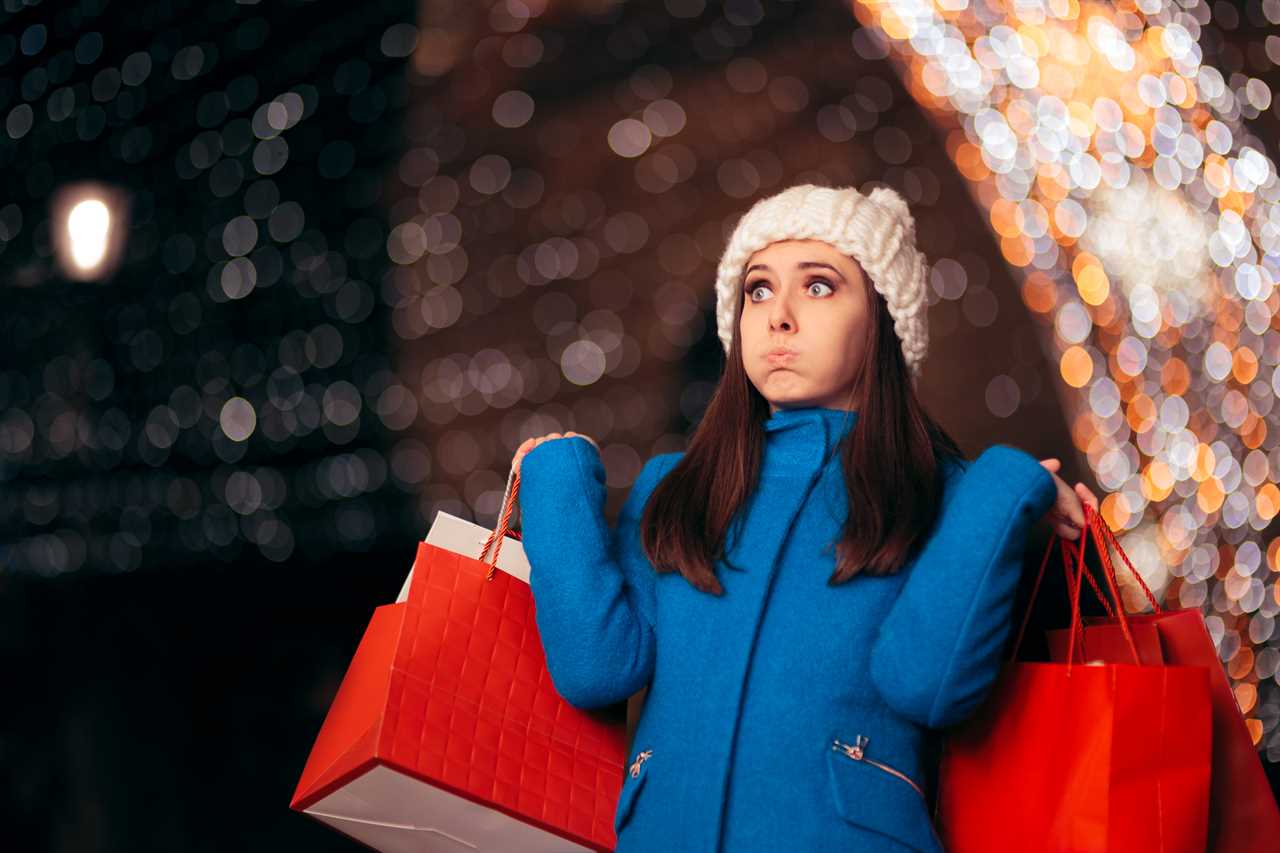BRITS desperate to keep their homes free of Covid this Christmas will ask their guests to be double-jabbed, a new poll has revealed.
This festive season will be a little less traditional than usual as families shop online and urge visitors to be inoculated.
A poll of 2,000 adults found 36 per cent are worried a lockdown will come into effect over the holidays and prevent them from seeing their loved ones.
And more than a third (34 per cent) will limit contact with the wider public by doing all their festive shopping over the internet.
Around a fifth won’t give physical gifts and hope this will minimise the spread – instead they intend to transfer money or buy experiences.
Of those hosting this Christmas, 57 per cent will only allow double-vaccinated guests to attend and four in 10 (39 per cent) will ask guests to take a Covid-19 test before they arrive at their celebrations.
The research commissioned by PayPal, as part of its Generosity and Giving 2021 study, found the pandemic has had another notable impact.
More than a third (34 per cent) believe the pandemic has made them more generous with their time and money.
FESTIVE FEARS
And according to behavioural psychologist, Dr Linda Papadopoulos, being generous boosts our wellbeing.
She said: “Humans are social beings – being generous with our time, money, or sharing resources, allows us to connect meaningfully with those around us.
“Research has shown that when we give, our brains release endorphins that lift our mood and make us feel good.
“As this is our first Christmas since the pandemic where we can celebrate together, there’s no better time to be generous, whether it’s donating our time and money to charity, buying gifts for family and friends or acts of service and kindness in our communities.’’
In addition to making the nation more generous, the study found the pandemic has made them increasingly motivated to support various causes.
These specifically include animal welfare (22 per cent), hospital and hospices (21 per cent), homelessness, (21 per cent) and mental healthcare (21 per cent).
‘GIVING MAKES US FEEL GOOD’
Each year, those polled donate £103.41 on average to causes dear to their heart – with December the time they tend to be most generous when it comes to charitable donations.
And those living in Aberdeen give the most annually – £193.76 on average, followed by Edinburgh (£138.38) and Liverpool (£125.64).
It also emerged a quarter (24 per cent) of those polled have raised money for causes using online platforms – on average having raised £959.76 in total to date.
Oxford residents have raised the most on average – raising more than three times the UK average – £3,319.25.
The study carried out through OnePoll, also identified what makes a generous person.
Taking time to talk to others (47 per cent), regularly donating to charity (45 per cent) and buying gifts for friends and family ‘just because’ (41 per cent) are the top signs of generosity.
Vincent Belloc, PayPal UK Managing Director, said: “We launched the Generosity Network and Generosity Network for charities to help make it easier for people to raise funds to help others and charities this Christmas and beyond.
“Through ‘Give At Checkout’, people can make micro donations of £1 when they do their Christmas shopping online with PayPal by selecting their favourite charity in their PayPal account online or via our mobile app.”
To find out how you can give to a cause close to your heart this Christmas visit paypal.com/gb/fundraiser/hub








